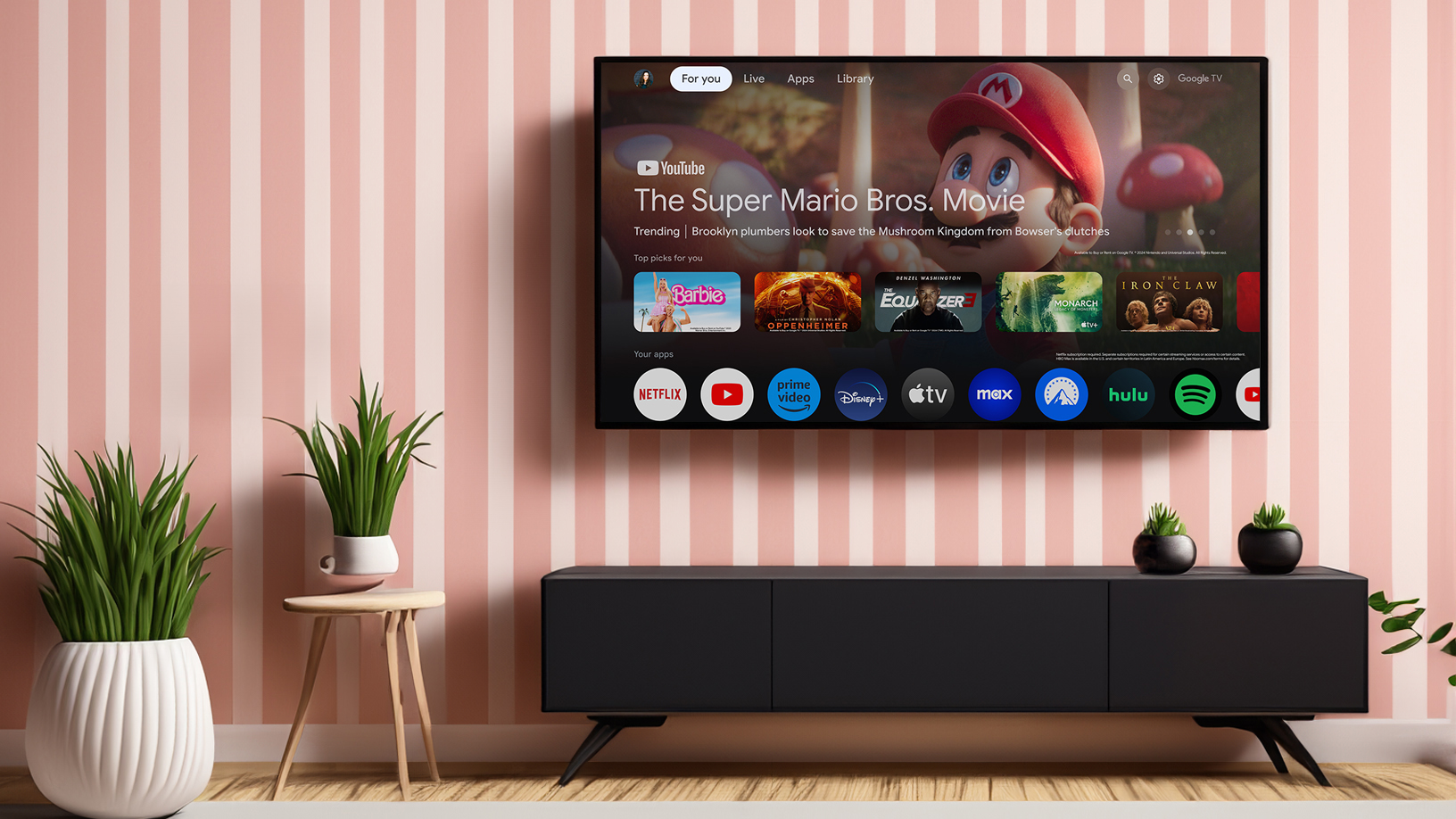

Quick Summary
The Stable Volume feature from the mobile app is expanding to include Android TV and Google TV devices. It automatically adjusts video volume to help you handle poorly mixed audio and remove unwanted volume spikes.
What's the most annoying thing about YouTube videos, other than unskippable ads? For many of us it's having videos with wildly varying volumes. Some videos are mixed too quietly, so you turn up your TV only to be blasted by the next bunch of ads or by a better recorded video. And others are just mixed inconsistently, with more quiet bit/loud bit dynamics than a Pixies record. So it's good to see that YouTube is bringing its Stable Volume feature to Android and Google TVs.
Stable Volume is a feature that's already in the mobile app. It analyses the audio of the currently playing track and adjusts it so that it doesn't go too loud or too quiet. It's not the same as the quiet mode you'll find in some of the best soundbars; that changes the sound to help you hear dialogue more clearly at lower listening levels. Stable Volume is purely about flattening the volume to ensure there are fewer alarms and fewer surprises.
When is Stable Volume coming to your Google TV or Android TV?
The eagle-eyed Android watchers at 9to5Google have spotted a toggle for Stable Volume on multiple televisions, all of them running the latest version of YouTube (v4.40.303).
Provided your Google TV or Android TV has been updated to that version you should see the new toggle in the Settings menu, which you access using the gear icon when a video is playing. When you do that you should see the familiar Quality, Captions, Speed and other options, with Stable Volume a new arrival towards the top.
You don't even need to look for it: if you've got the right software the new feature appears to be enabled by default.
While Stable Volume is useful, there are some circumstances in which you'll want to turn it off. I mentioned Pixies records earlier; volume levelling is something you'll want to turn off if you're serious about your music, because many records depend on loud/quiet dynamics and flattening them takes away some of the fun. However, it's a real boon on a lot of spoken content, particularly podcasts where volume levels can differ significantly from person to person.
Sign up to the T3 newsletter for smarter living straight to your inbox
Get all the latest news, reviews, deals and buying guides on gorgeous tech, home and active products from the T3 experts
Writer, musician and broadcaster Carrie Marshall has been covering technology since 1998 and is particularly interested in how tech can help us live our best lives. Her CV is a who’s who of magazines, newspapers, websites and radio programmes ranging from T3, Techradar and MacFormat to the BBC, Sunday Post and People’s Friend. Carrie has written more than a dozen books, ghost-wrote two more and co-wrote seven more books and a Radio 2 documentary series; her memoir, Carrie Kills A Man, was shortlisted for the British Book Awards. When she’s not scribbling, Carrie is the singer in Glaswegian rock band Unquiet Mind (unquietmindmusic).
-
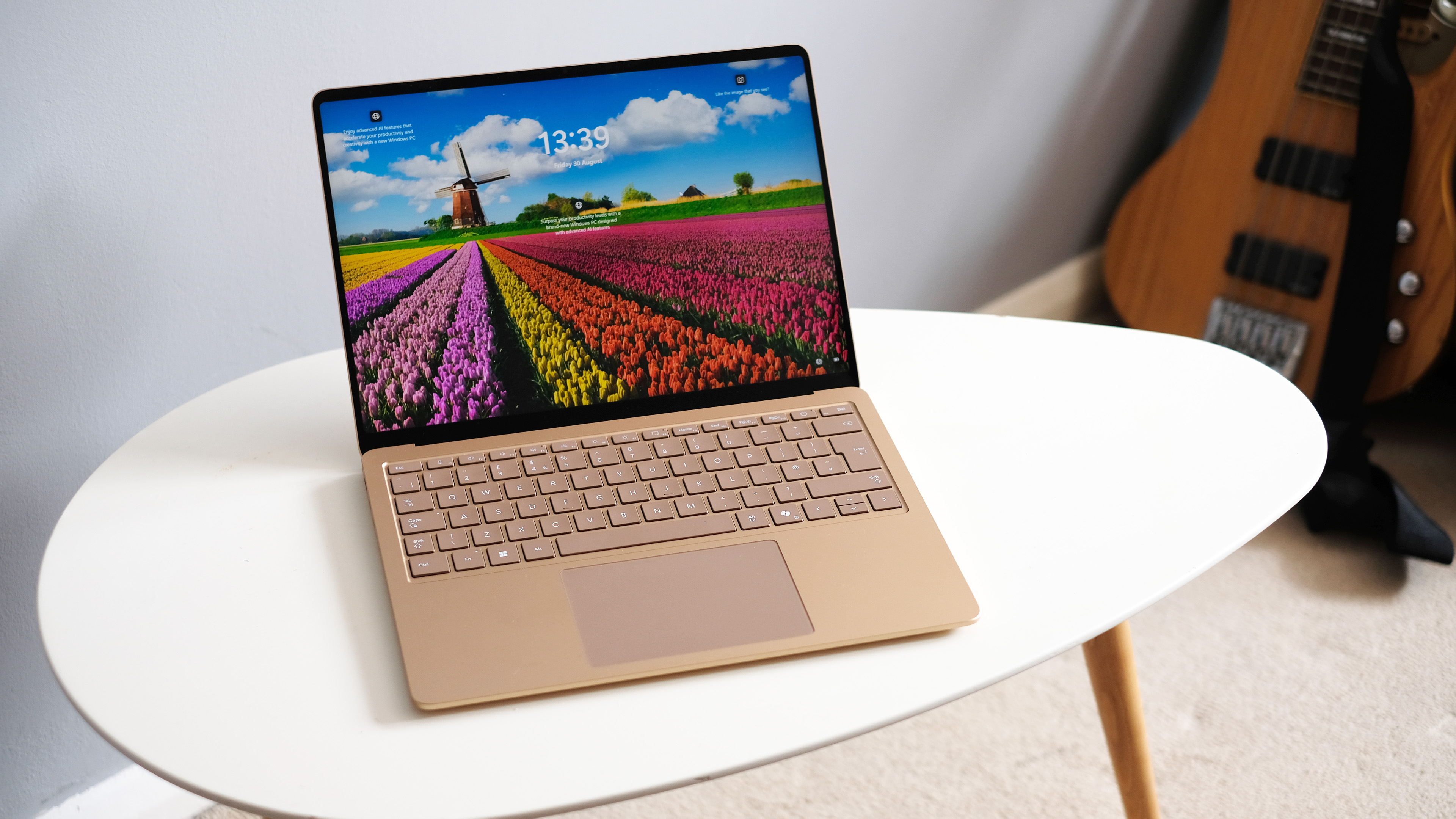 I tried a Snapdragon feature that's a game-changer for Netflix, Amazon and more
I tried a Snapdragon feature that's a game-changer for Netflix, Amazon and moreMoises Live can isolate and enhance audio in real-time using the Elite X's NPU
By Mike Lowe
-
 Under Armour's new sneaker doesn't play by the old rules
Under Armour's new sneaker doesn't play by the old rulesIf this is the future of the brand, it's off to a running start
By Matt Kollat
-
 Google's Pixel 9a does one simple thing that could tempt me away from iPhones after a decade
Google's Pixel 9a does one simple thing that could tempt me away from iPhones after a decadeGoogle's played a blinder here
By Max Freeman-Mills
-
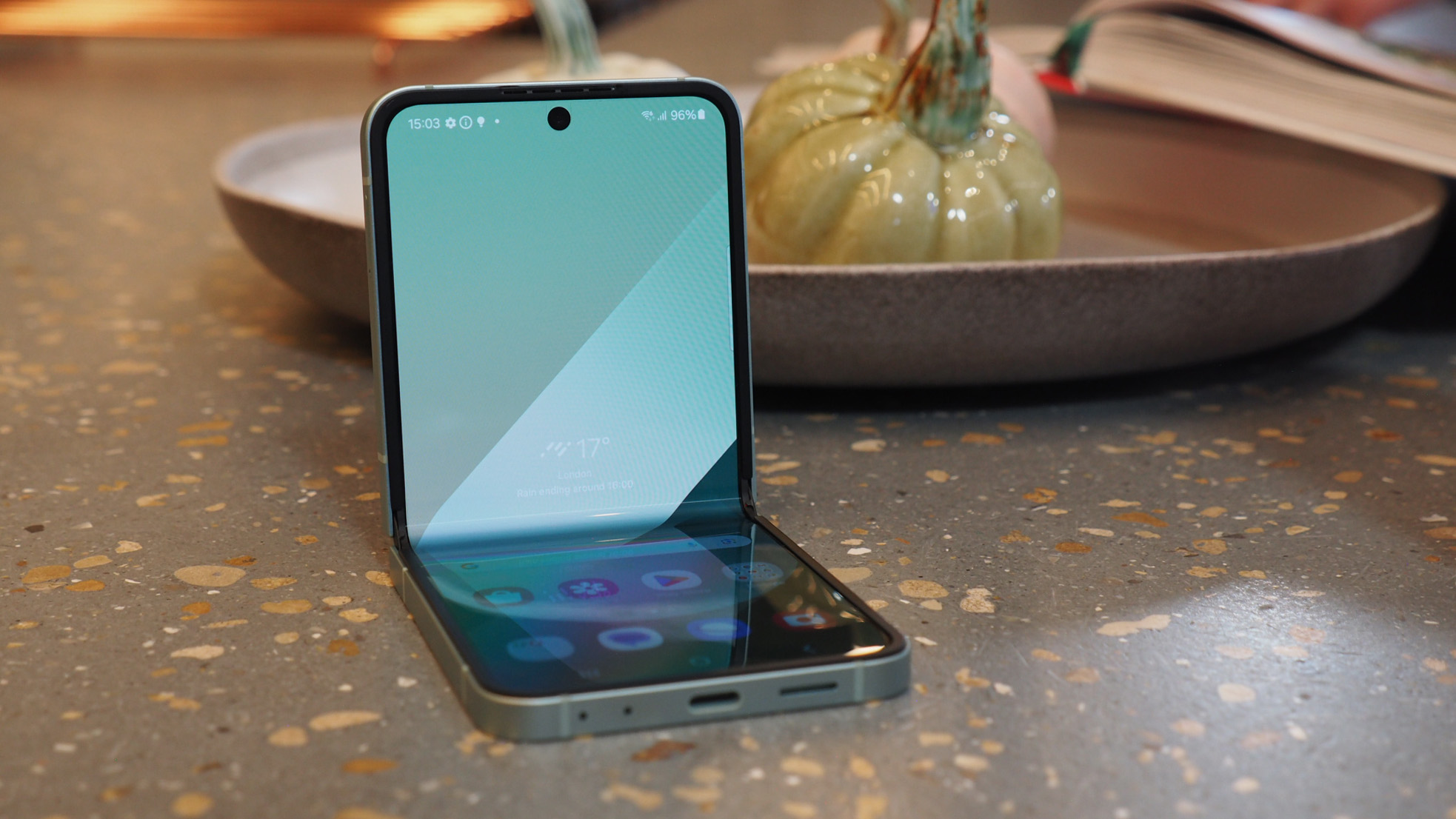 Samsung's foldables get Android 15 (One UI 7) at last, but there's a catch
Samsung's foldables get Android 15 (One UI 7) at last, but there's a catchYou might have to wait a bit longer for the full release
By Chris Hall
-
 Honor suddenly adds Samsung-rivalling upgrade that'll last for years
Honor suddenly adds Samsung-rivalling upgrade that'll last for yearsIt's a big change, and a welcome one
By Max Freeman-Mills
-
 Your older Samsung phone could finally get Android 15 on these dates
Your older Samsung phone could finally get Android 15 on these datesYou could get a significant upgrade in the coming months
By Sam Cross
-
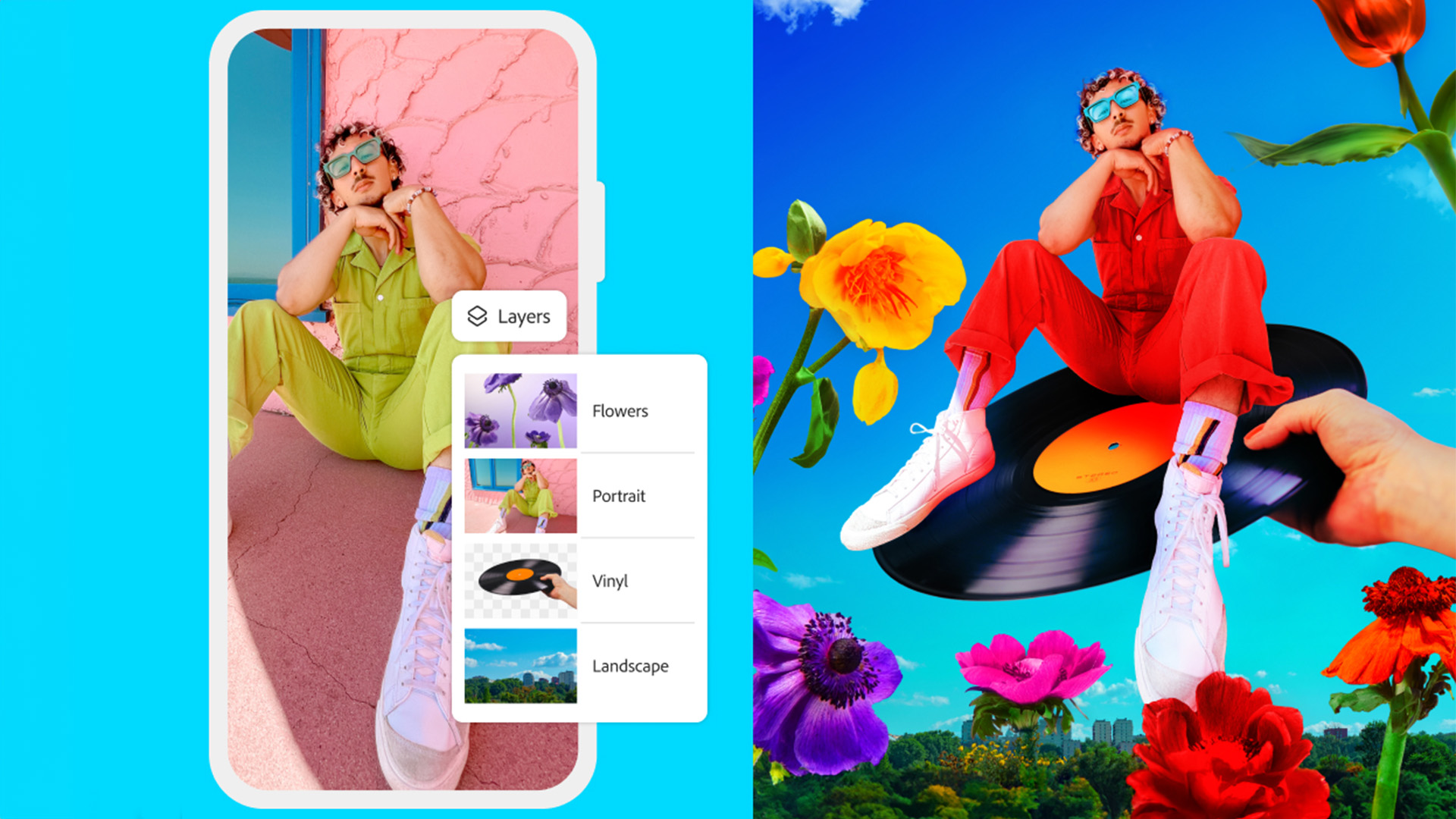 Photoshop's getting a surprise free upgrade on iPhone – and Android's next
Photoshop's getting a surprise free upgrade on iPhone – and Android's nextThe full experience is coming to mobile
By Max Freeman-Mills
-
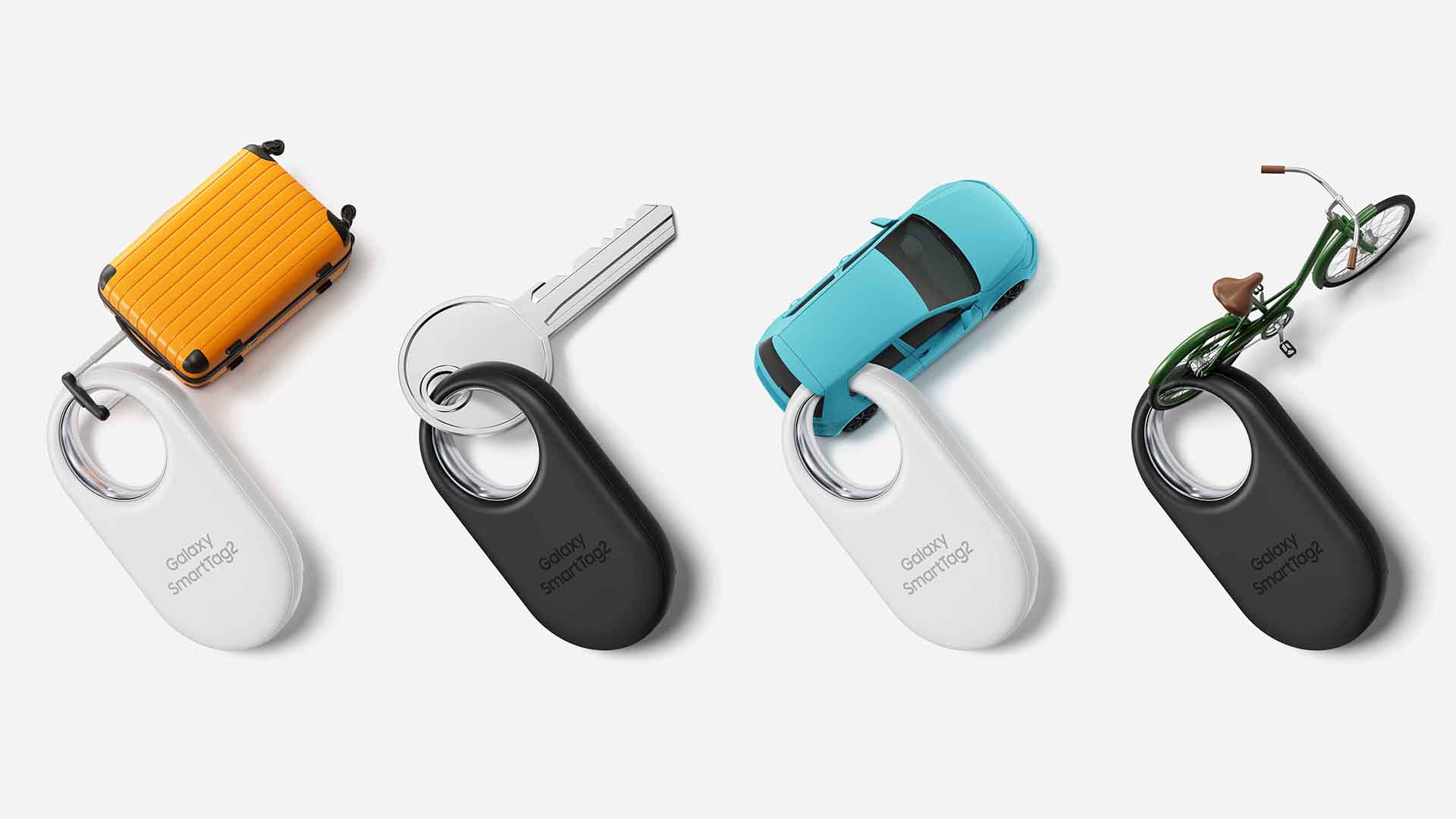 You can now use a Samsung Galaxy SmartTag with any Android phone, but there's a catch
You can now use a Samsung Galaxy SmartTag with any Android phone, but there's a catchThere's a clever way to get your Galaxy Tag working on other Android phones
By Chris Hall
-
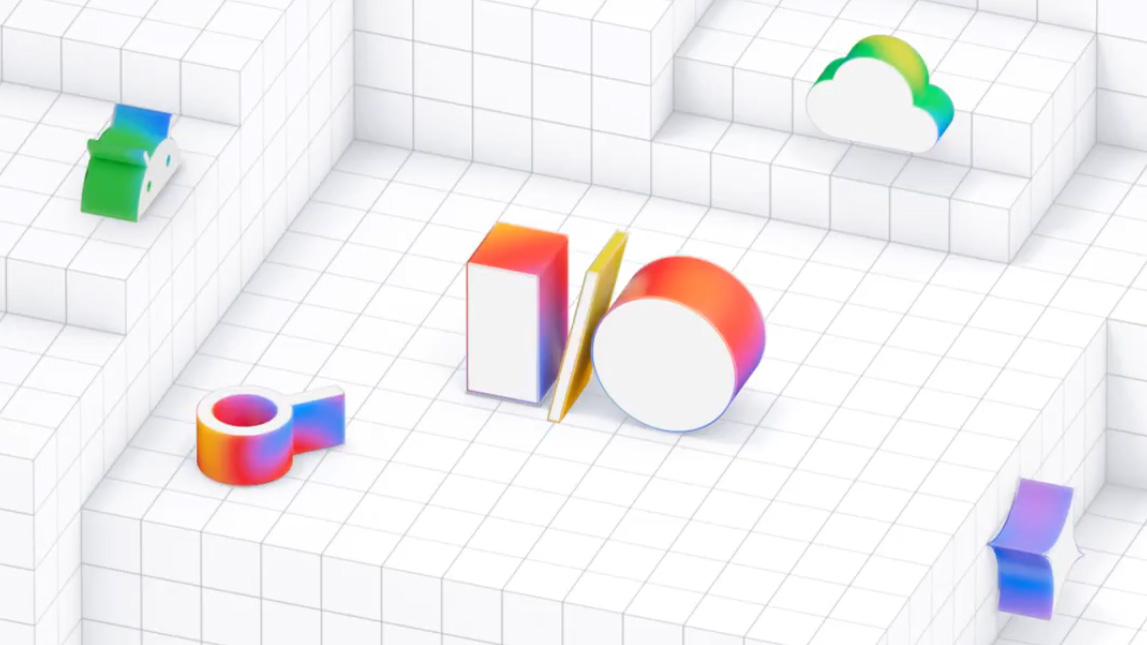 Here's when Android 16 will be officially detailed – Google I/O 25 date revealed
Here's when Android 16 will be officially detailed – Google I/O 25 date revealedWe're soon going to know a lot more about Google's plans as I/O 2025 is announced
By Chris Hall
-
 This Android phone is more Kindle than Pixel, and that's intriguing
This Android phone is more Kindle than Pixel, and that's intriguingBigme's E Ink Android handset is a very different kind of budget phone
By Britta O'Boyle